A GreatDrams Guide to Independent Bottlers
let’s begin
The importance of independent bottlers for the future of Scotch can be underestimated.
Independent bottlers work by buying casks from distilleries and laying them down to mature in their own warehouses. Bottling happens when they feel the whisky is ready.
My viewpoint is that independent bottles are a great way of surprise yourself and learn about what each distillery can do, when they to do it from scratch.
We would never have experienced these phenomenal liquids had it not been for independent bottlers who sat on a cask for 75 years, who thought of vatting several distilleries’ wares together to create an amalgamated flavour profile for each region of Scotland, who also thought to release a young sherry-matured whisky as it was already awesome.
Now lets look at a couple of them in more detail.
Douglas Laing have been around since 1948 and have always been proud of their tradition of producing what they describe as “small batch and artisan bottlings” of Scotch.
My personal favourite is Rock Oyster, a malt that captures the flavour profile of the Island region. Rock Oyster makes up one of five so called ‘Remarkable Regional Malts’ alongside The Epicurean, Timorous Beastie, Big Peat, and Scallywag.
As well as the Remarkable Regional Malts though, Douglas Laing is so much more. In Provenance, Old Particular and XOP (Xtra Old Particular) you have a series of releases that capture a moment in time for each distillery at which they were distilled. From the 30 year old Port Ellen to the 18 year old Springbank to the 40 year old Bunnahabhain to the 13 year old Auchentoshan, they all have a story, all stand out for different reasons and all exemplify what it is to be a superb Scotch single malt.

Independently owned for over 120 years, and still family run, G&M have their own grocery store in Elgin, selling an array of whiskies from all over the world.
Their cask and wood management is one of their specialities; that and holding on to casks for an amazing amount of time.
Their 2015 campaign, “The Wood Makes the Whisky” communicated the differences in cask type and maturation duration, showing how time and wood are interlinked.
In 2015 G&M released the oldest commercially bottled whisky in the world; Mortlach 75 Years Old, matured in a first-fill sherry butt cask with only 100 bottles as part of their Generations range.
Gordon &Macphail also owns the Benromach distillery in Speyside, a distillery with the mantra of “time-honoured and traditional”.
The whisky itself feels of a somewhat old-school nature, like the Speyside whiskies of the 1960s; light smoke with a balanced mouth feel and palate that is surprisingly quaffable.

The founding principle of the Scotch malt Whisky Society was to enable the exploration and discovery of new and wonderful whisky. To do this, they de-brand their bottles, leaving numeric references to distilleries and releases so you don’t immediately know what distillery you are drinking from.
What sets SMWS apart is that they give each release a name and list countless evocative tasting notes that transport you to another place.
At around £130 for your first year’s membership, which significantly decreases from your second year, you get access to their private member bars globally as well as access to buy their whiskies that are limited to only a few hundred at a time as they are single cask, all bottled at cask strength.
SMWS have over 25,000 members globally, and have been around for over 30 years. The Society is actually the largest bottler of single cask single malt whisky globally.

Wemyss (pronounced ‘weems’) was founded by William Wemyss in 2005 after a long involvement with Scotch whisky industry which including growing crops for producers such as John Haig. In the end, it made sense to start releasing blended malt whisky independently.
Similar to SMWS, Wemyss often give their bottles intriguing names. It’s a general rule that the name of the whisky is determined by the flavour and aroma of the whisky, giving shoppers a helpful aid when navigating the range. Their current line up includes The Hive, Spice King and Peat Chimney.
Wemyss embody everything consumers should associate with a craft spirits operation. They are mostly in the export market, shipping not hundreds of thousands or millions of cases of whisky, but thousands. These volumes are small enough to keep the brand nimble when it comes to consumer needs and market availability of whisky, but large enough to be relevant to a critical mass of whisky drinkers.

Robert Graham started with a humble shop in Victorian Glasgow in 1874, and today they boast shops in Glasgow, London, Cambridge and Edinburgh.
They were very successful at the time, having been started by Sir Robert Graham, who was treasurer of Glasgow. Eventually they had four shops in Glasgow alone.
Over time the number of shops has both increased and decreased, not due to a lack of success, but rather becoming more specialist and focussed solely on Whisky and cigars. This came in 2002, when the company was bought over by Ron Morrison, who brought more Whisky into their stocks. It wasn’t long before they were blending and selling their own.
They stock an incredible range of Whiskies, with lots of rare and exclusive ages, from brilliant distilleries, both old and new.

As well as a particularly interesting name, That Boutique-y Whisky Company offer quirky labels and brilliant malts. They have a wide range of really interesting malts, from lots of different distilleries, including places like Port Ellen and the Caledonian Distillery, which have both now closed.
That Boutique-y Whisky Company have released lots of award winning malts, and like other brands with their unique names, gives each bottle a hand drawn, graphic novel style label. This adds a lot of character to each expression and really brings out a personality on the bottle.
They have also recently started publishing age statements on their bottles, as a show of support for Compass Box’s campaign for transparency. This started in 2016 and saw the company scrapping their typical no age statement stance.

Cadenhead’s have been around longer than some Whisky brands themselves. Their history takes them back to 1842, when they first opened as an independent Whisky bottler, making them one of the oldest bottlers in the world.
They like to stick to tradition and don’t favour the new fad of naming your blend something a bit different rather than giving it an age statement. They are also against chill filtration and adding colouring to their product. This purist outlook has certainly worked for them, and they are massively successful today.
Part of that success is reflected in their Whisky shops and tasting rooms that they have right across the globe.
Today they are owned by J & A Mitchell and Co., who also own Springbank and Glengyle, and have their main offices very proudly based in Campbeltown.

Founded by the innovative and entrepreneurial John Glaser in 2000, Compass Box was originally a kick back to all the Whisky companies and bottlers who just continued to do the same old thing. It was founded to shake up the industry and that is exactly what they did and continue to do.
Compass Box pride themselves on being different and doing things differently. They seek to find creative and interesting ways to do new things with Whisky. But they are based on a tradition of the past, which is the idea of the scotch blending house.
Blending houses are effectively the birthplace of independent bottlers. They were independent companies not distilling, but blending their own whisky and selling it.
With amazing, award winning blends like Hedonism, Spice Box and The Peat Monster, Compass Box is storming the Whisky industry and really making a change.
Glaser recently launched a campaign to encourage more transparency in the Scotch Whisky industry after his company got in trouble with the law for printing the age statements and full details of everything that went into their recent releases, This Is Not a Luxury Whisky and Flaming Heart.
The campaign calls for Whisky brands to be allowed to be more open with consumers about what they’re drinking and has been backed by several big names in the industry.

Murray McDavidhave been around since 1996. They were founded by Mark Reynier, Simon Coughlin and Gordon Wright. Most of what they do is based around single malts rather than blends, although they do have a recent Crafted Blends range that has been turning heads in the industry.
Their focus is on the art of maturation, and their head office is based at Coleburn Distillery in the Speyside region. They also have a 60ft boat that they use to host tastings and events, based in Glasgow. That’s certainly something not every bottler can say they have!
Murray McDavid are focussed on producing some truly high quality malts and have a range called Mission Gold that showcases the rare and exclusive malts they create.




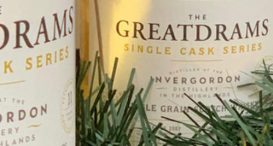
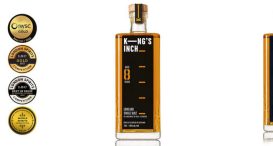
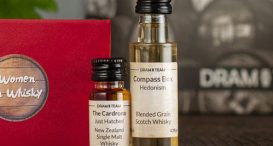
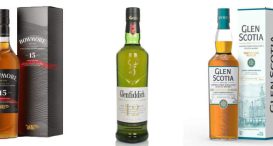




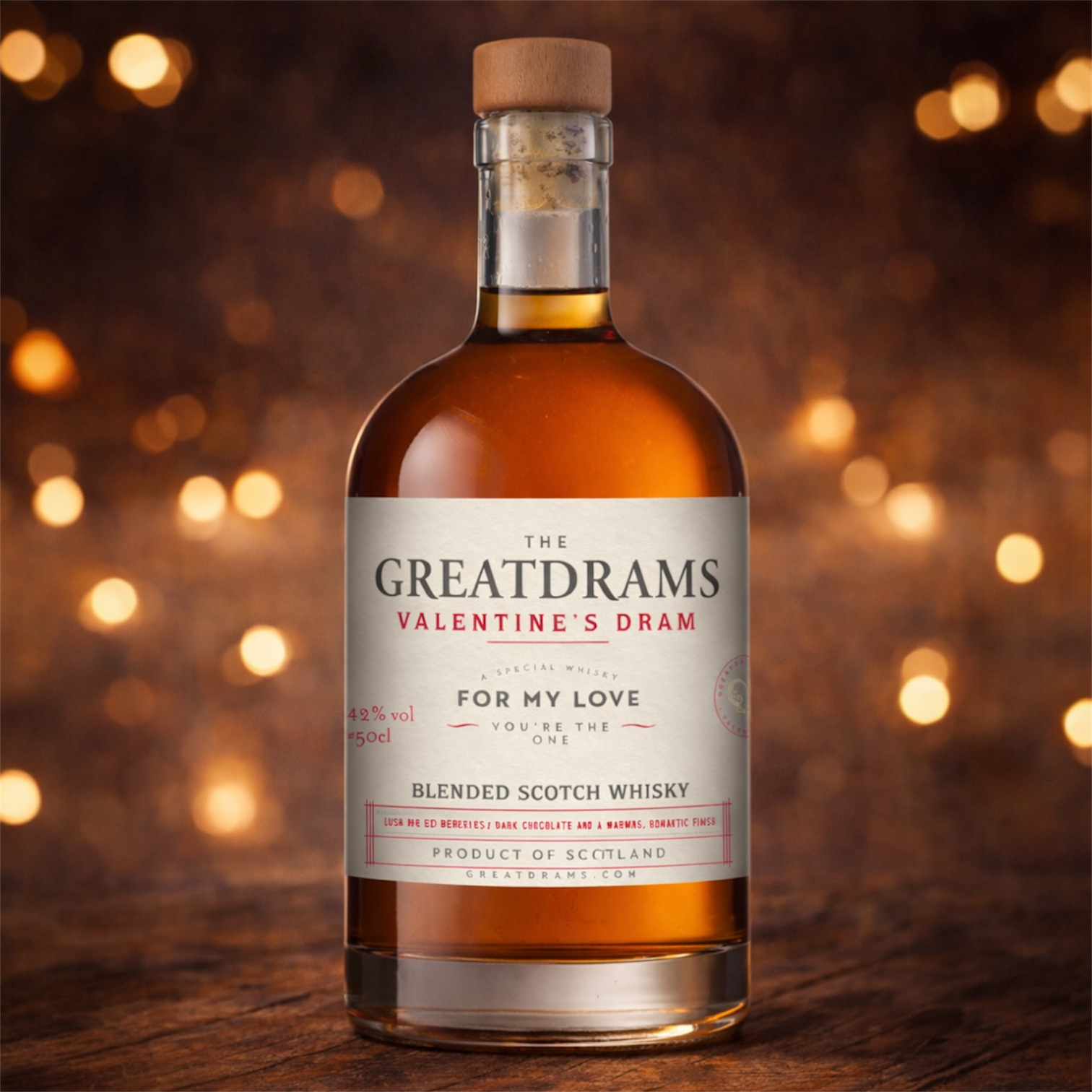
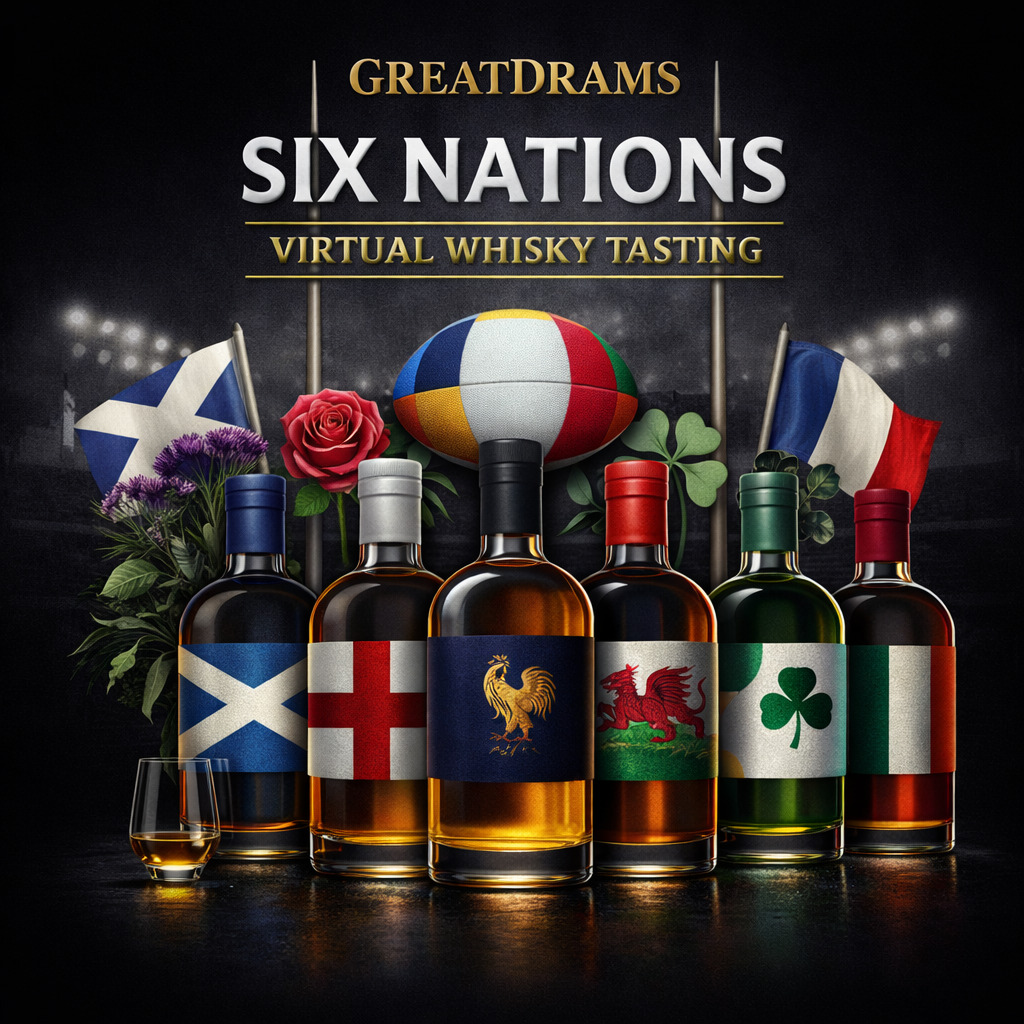
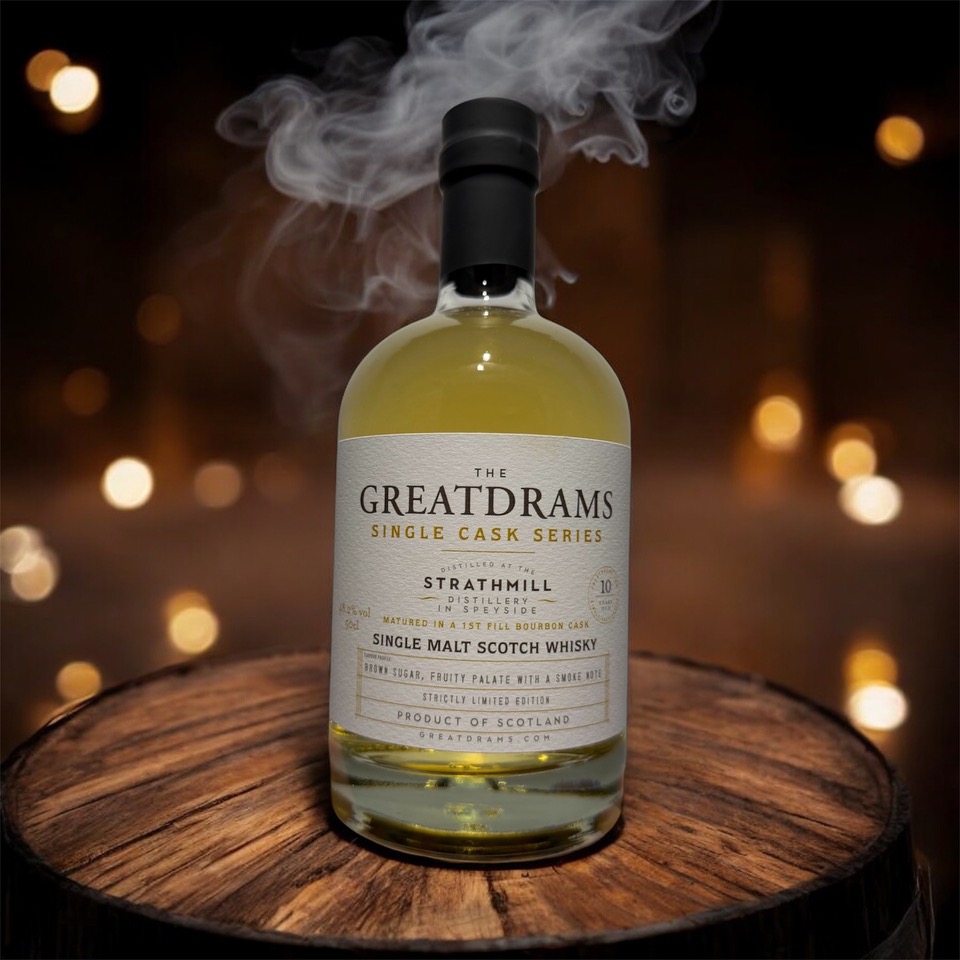

3 thoughts on “A GreatDrams Guide to Independent Bottlers”
A great article as always, Greg! Superb. While I may be biased(!), I think you’ve hit the nail on the head when you say Indies can be a great way of surprising oneself, and seeing what a particular distillery can really do. Indies can shine a spotlight on this. Thanks for sharing, Ed
Cheers fella !